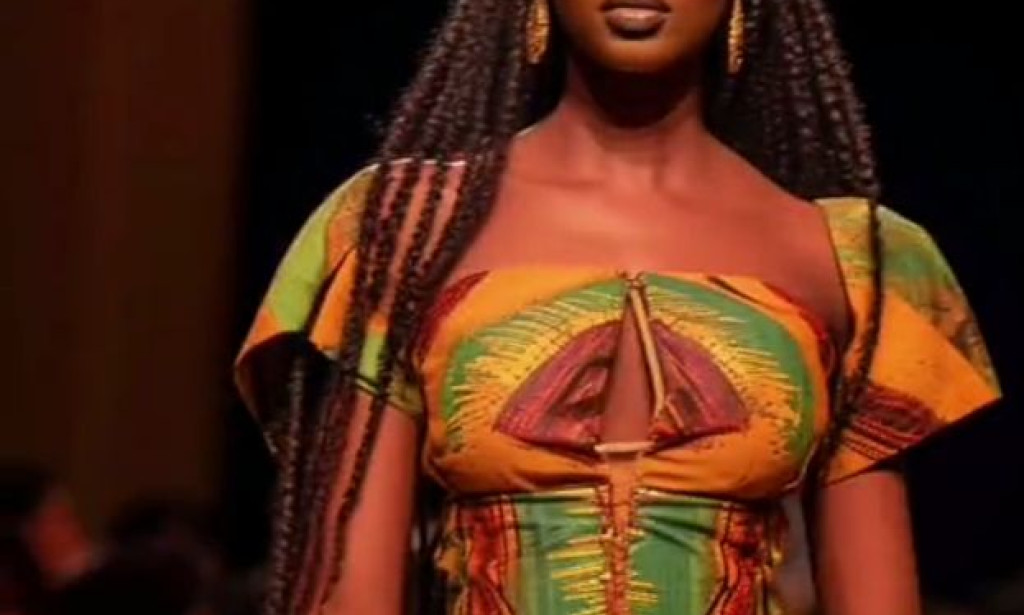The originality of African fashion is deeply rooted in the continent's rich cultural heritage, diverse traditions, and innovative spirit. African fashion is not just about clothing, but about expressing identity, history, and societal values through textiles, designs, and techniques passed down through generations. Here are some key aspects of its originality:
1. Cultural Significance:
African fashion often incorporates symbols, patterns, and colors that have cultural, spiritual, and political significance. Traditional attire can represent a person’s ethnic group, social status, or even the stage of life they are in.
For example, the Kente cloth from Ghana symbolizes royalty and high status, while adinkra symbols carry messages of wisdom, knowledge, and proverbs
2. Diverse Textiles and Fabrics:
African fashion uses a variety of unique textiles, including ankara (wax prints), kitenge, kanga, shweshwe, and bashaga. These fabrics are often colorful, bold, and patterned, each region or ethnic group having its distinct style.
Adire and tie-dye techniques are also widely used, where textiles are hand-dyed with intricate patterns that are a hallmark of African fashion’s creative techniques.
3. Innovative Designs:
While African fashion celebrates tradition, it is also a platform for innovation and modern reinterpretations. Many contemporary African designers blend traditional aesthetics with global fashion trends, creating designs that appeal to both local and international markets.
Designers such as Oumou Sy (Senegal), Tiffany Amber (Nigeria), and Maxhosa (South Africa) have become internationally recognized for their ability to blend contemporary trends with indigenous African styles, bringing new life to traditional garments.
4. Connection to African Identity and Heritage:
African fashion is a powerful means of reclaiming and celebrating African identity. During colonial times, many African cultural symbols and attire were suppressed, and today, fashion serves as a form of resistance and empowerment.
Afrocentric fashion is a way to express pride in African heritage and has become increasingly popular as African nations continue to assert their cultural significance on the global stage.
5. Sustainability and Craftsmanship:
Many African designers emphasize sustainability by using locally sourced materials and promoting ethical production practices. Handwoven textiles, beadwork, and embroidery are often done by artisans in communities, showcasing the value placed on craftsmanship and preserving traditional methods.
The growing trend of slow fashion in Africa emphasizes quality over mass production, encouraging consumers to appreciate the artistry behind the garments.
6. Influence of African Fashion on the Global Stage:
Over the past few decades, African fashion has garnered global attention. African designers showcase their work at international fashion events like New York Fashion Week, London Fashion Week, and Paris Fashion Week, blending African heritage with high fashion to create globally recognized collections.
Celebrities and influencers such as Beyoncé, Rihanna, and Naomi Campbell have also helped popularize African designers, leading to a wider appreciation for African aesthetics in global fashion.
In conclusion, the originality of African fashion lies in its fusion of rich cultural history, diverse textile traditions, and innovative design techniques. African fashion represents a strong sense of identity and pride, and as the industry continues to evolve, it plays an essential role in shaping global fashion trends while maintaining aldeep connection to Africa’s cultural roots.

You must be logged in to post a comment.